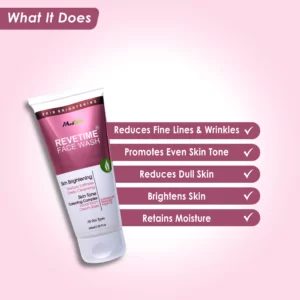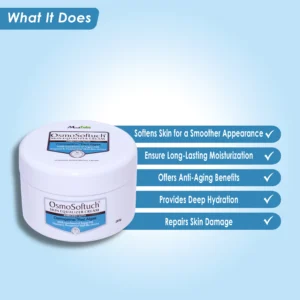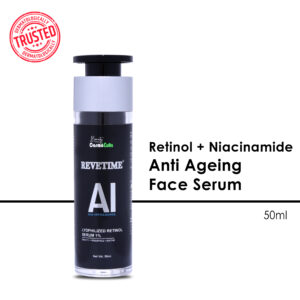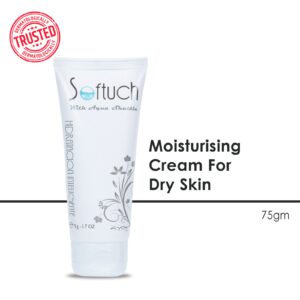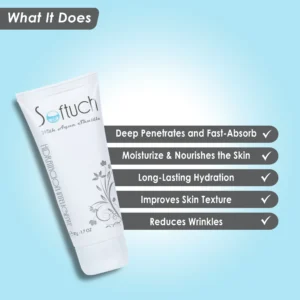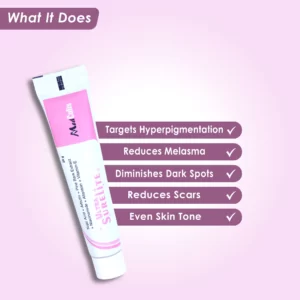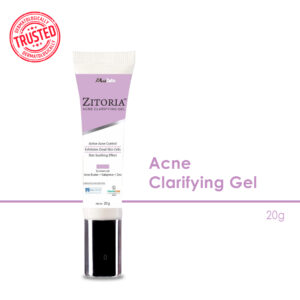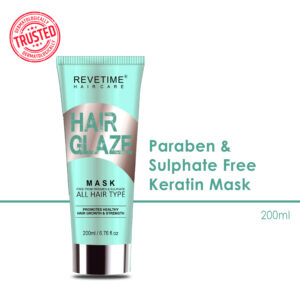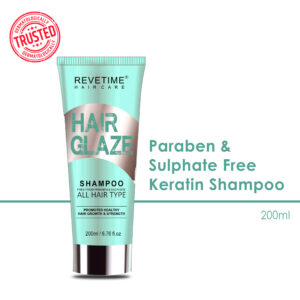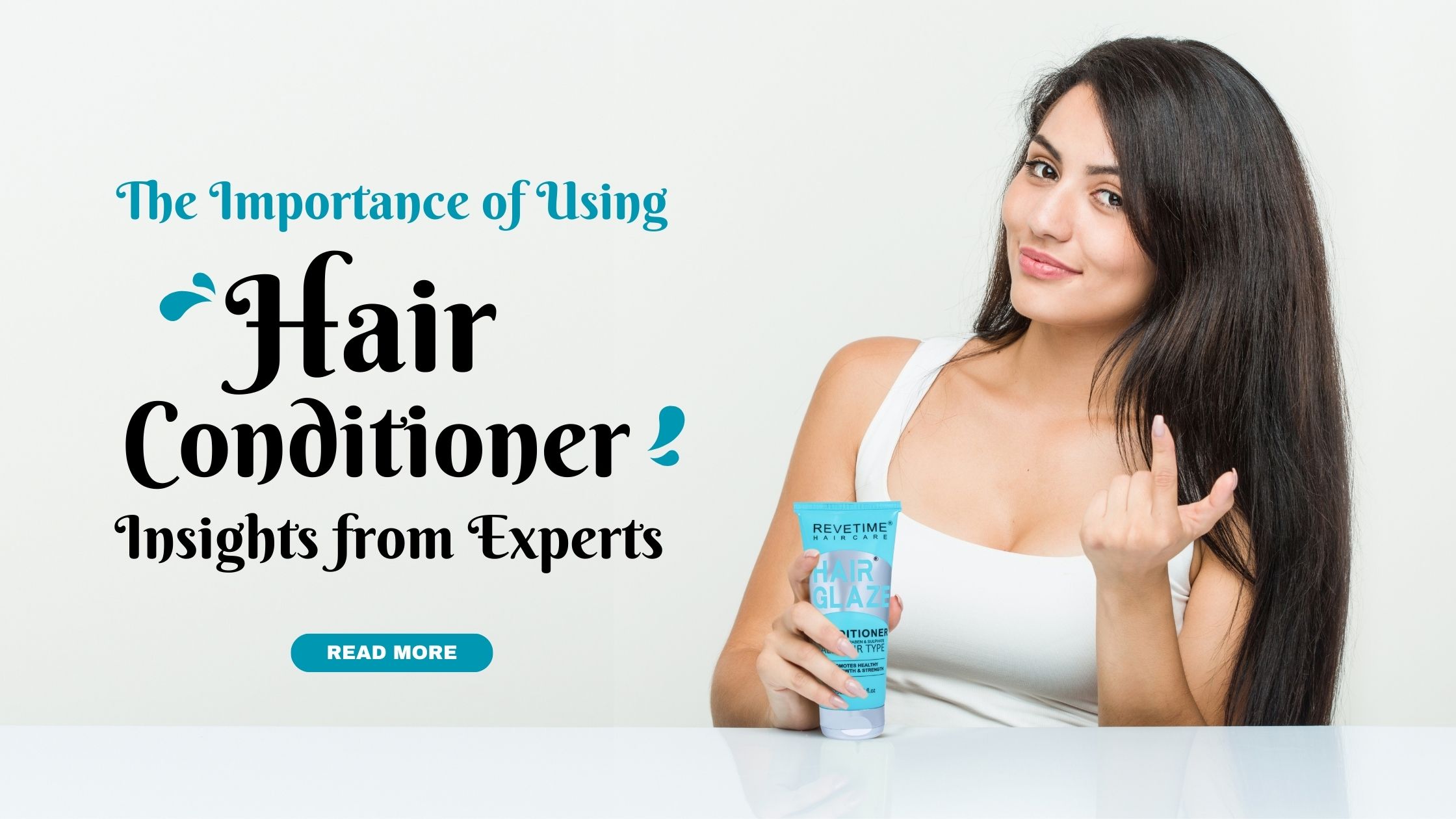
The Importance of Using Hair Conditioner: Insights from Experts
Unlocking the Secrets to Luxurious Hair: The Ultimate Guide to Hair Conditioner.
Discover the expert-backed benefits of using hair conditioner for healthier, more manageable hair. Explore tips, techniques, and product recommendations in this comprehensive and complete hair conditioner guide.
Introduction
To maintain healthy and beautiful hair, it’s crucial to understand the significance of hair conditioner. In this comprehensive guide, let’s dig into the world of hair conditioning, shedding light on why experts recommend sulphate free hair conditioner hair care routine.
Understanding Hair Conditioner
-
The Role of Hair Conditioner
Hair Conditioner is a specialized hair care product designed to nourish and protect your hair. Unlike shampoo, which primarily cleanses the hair and scalp, conditioner works to restore and maintain hair health. It accomplishes this by replenishing moisture, enhancing texture, and preventing damage.
-
How Hair Conditioner Differs from Shampoo
Shampoo and conditioner are often used in conjunction but serve distinct purposes. Shampoo cleanses by removing dirt, oil, and product buildup from the hair and scalp. In contrast, sulfate free conditioners focus on moisturizing, detangling, and fortifying the hair.
Discussion of the Types of Hair Conditioners Available
There are various types of hair conditioners available to cater to different needs:
-
Rinse-Out Conditioners
Rinse-out conditioners are the most common and are used immediately after shampooing. They are applied, left on for a few minutes, and then rinsed. These sulfate free conditioners are suitable for most hair types and provide essential moisture.
-
Leave In Conditioners
Leave in conditioners are applied to damp hair and left in without rinsing. They provide continuous hydration and protection throughout the day. Leave in conditioners are excellent for those with dry or damaged hair.
-
Deep Conditioners
Deep conditioners are highly concentrated and intended for weekly or bi-weekly use. They penetrate deeply into the hair shaft, repairing damage and restoring vitality. Frequent exposure to heat and chemical treatments particularly benefits hair.
Benefits of Using Hair Conditioner
-
Maintains Hair Moisture
A hair conditioner plays a pivotal role in maintaining the ideal moisture balance in your hair. After shampooing, hair cuticles become raised and porous, losing moisture. Sulfate free conditioner seals the cuticles, preventing excessive dryness and frizz. Proper moisture balance is essential for hair health. Sulfate free conditioner helps lock in hydration, leaving your hair soft and manageable. Conditioned hair is easier to manage and style. It smoothes the hair cuticles, reducing tangles and knots. It is particularly beneficial for individuals with long or curly hair.
-
Maintains Scalp Health
Dermatologist warns against skipping sulphate free conditioner. Neglecting this crucial step leads to long-term damage, such as split ends, breakage, and overall hair deterioration. Unconditioned hair becomes rough, brittle, and loses its natural shine. Properly conditioned hair and scalp are less prone to dandruff, itching, and other issues. In summary, experts unanimously agree on the necessity of using hair conditioner. It is not just a cosmetic choice but a fundamental step in preserving the health and beauty of your hair.
-
Addressing Common Concerns
One common fear is that hair conditioners will cause greasiness. However, lightweight conditioner options provide moisture without making your hair feel heavy or greasy. Choose a sulphate free conditioner labelled ‘light’ or ‘weightless’ if you’re worried about greasiness. Apply it mainly to the ends and avoid the scalp. Individuals with fine hair often wonder if sulphate free conditioner suits their hair type. The answer is yes. Tailored conditioners for fine hair prevent any possibility of weighing it down. The key is to apply a small amount and focus on the tips.
For fine hair, apply sulphate free conditioner sparingly. Concentrate on the ends and avoid the root area to maintain volume and prevent flatness.
How to Properly Use Hair Conditioner
-
Step-by-Step Guide
- After shampooing, gently squeeze excess water from your hair.
- Dispense an appropriate amount of conditioner into your palm.
- Apply the conditioner from mid-length to the ends, avoiding the scalp.
- Use a wide-toothed comb to distribute the conditioner evenly.
- Leave the conditioner on for the recommended time (usually 1-2 minutes for rinse-out conditioners).
- Rinse thoroughly with lukewarm water.
Finding the Right Hair Conditioner
Choosing the suitable sulphate free conditioner depends on your hair type and concerns. Consider the following tips:
- For dry or damaged hair, look for conditioners containing ingredients like keratin, argan oil, or shea butter.
- If you have frizzy or curly hair, opt for a conditioner designed to enhance curls and reduce frizz.
- Those with colour-treated hair should choose a conditioner that helps preserve colour and prevent fading.
Conclusion
In conclusion, hair conditioner is a non-negotiable step in any effective hair care routine. It restores moisture balance and ensures manageable, healthy, and beautiful hair. Expert opinions unanimously support its use, dispelling common concerns and offering valuable insights.
So, next time you reach for your shampoo, remember the crucial role of sulfate free conditioner in maintaining your hair’s vitality.





